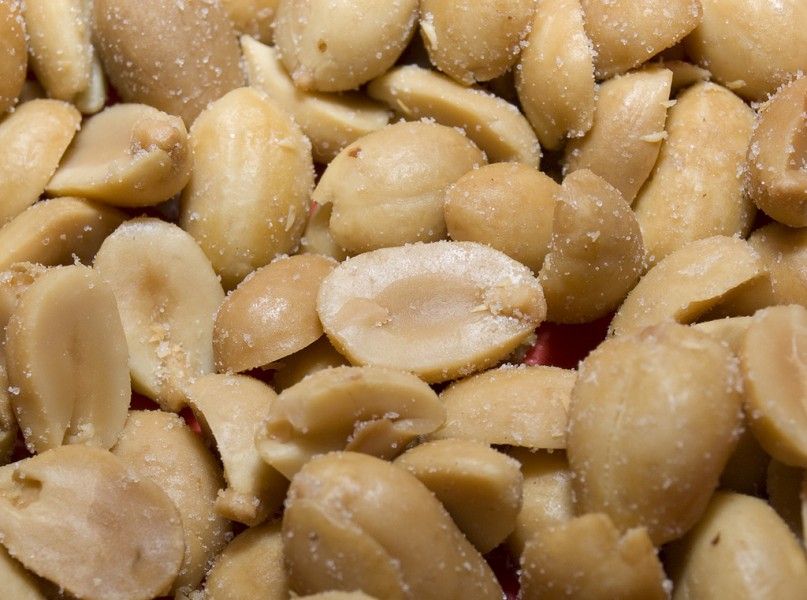One in every 13 kids has a food allergy. That’s about two kids in every classroom in America. The national cost of dealing with these food allergies is about $25 billion per year. But, a newly engineered flour may change that.
This week in the Journal of Agricultural and Food Chemistry, scientists have shown that a new flour could be used as food-based therapy to help individuals suffering from food allergies to better tolerate allergy triggers.
Among these allergy triggers is peanuts. Shown to be one of the fastest growing allergy triggers, peanuts are one of the most dangerous. Reactions can range from hitching to anaphylactic shock. There is currently a therapeutic treatment called desensitization, during which the patient is given small amounts of the trigger foods over a period of time to help their body adjust. But, the type of milled roasted peanut flower used during these treatments often have side effects. But scientist Marry Ann Lila and her colleagues are determined to find a new type of flower that can have the same benefits, without the bad stuff.
Turning to plant polyphenols, or natural compounds which may dampen allergic reactions, the scientists developed a modified flour powder in which cranberry polyphenols were bound to peanut proteins. With the extra cargo, the peanut-containing powder triggered the beneficial desensitization reactions, without provoking harmful allergic responses in laboratory tests with mice. The scientists notee that the technique could also be adapted for other food allergies.
The authors acknowledged some of the study’s funding came from the Everett W. Byrd Endowment and the North Carolina State University’s Plants for Human Health Institute at the N.C. Research Campus at Kannapolis.
FEATURED PHOTO: Martin L/Flickr





